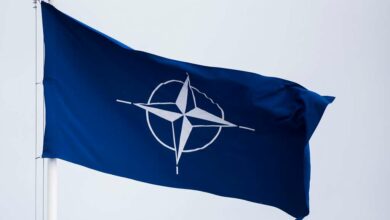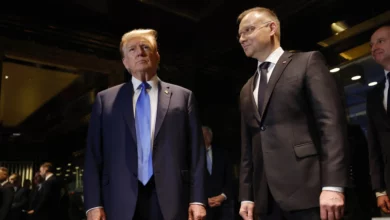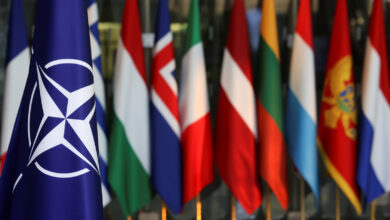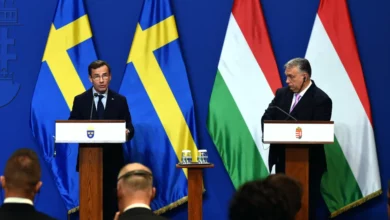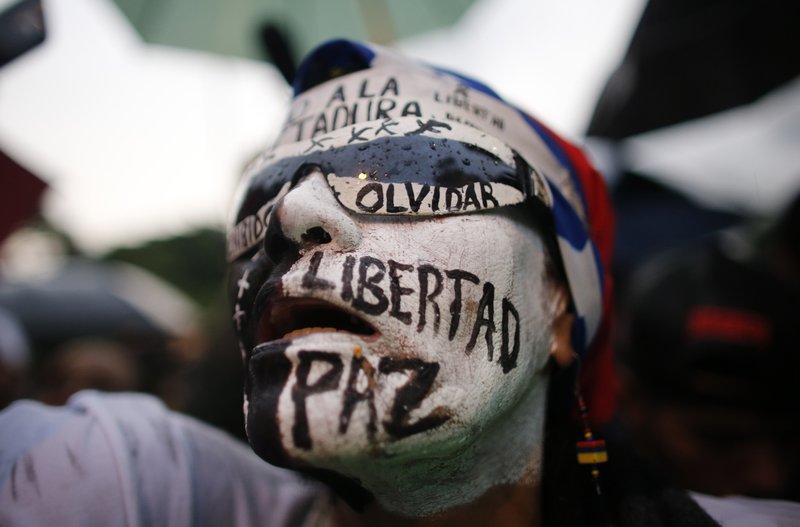
The Taliban have claimed responsibility for a suicide bombing attack earlier in the day on a NATO convoy in southern Afghanistan.
Qari Yusuf Ahmadi, Taliban spokesman in southern Afghanistan, claimed two armored tanks were destroyed and that 15 foreign soldiers were killed in Wednesday’s attack on the outskirts of the city of Kandahar. The insurgents, however, routinely exaggerate their gains and death tolls.
U.S. military spokesman Lt. Damien E. Horvath had earlier confirmed the attack and said that there were casualties, but he could not say how many or provide their nationalities
Ahmadi identified the suicide attacker as Taliban fighter Asadullah Kandahari from southern Kandahar, saying he was a “hero” who carried out the attack with a small pick-up truck, packed with explosives.
Kandahar province was the Taliban spiritual and leadership headquarters during their five-year rule that ended in with the U.S. invasion in 2001.
A suicide bomber struck a NATO convoy near the southern Afghan city of Kandahar on Wednesday, causing casualties, the US military said.
Lt. Damien E. Horvath, a military spokesman, could not say how many casualties there were, or provide their nationalities. The NATO mission, known as Resolute Support, “can confirm that a NATO convoy was attacked in Kandahar. The attack did cause casualties,” he said.
Kandahar police spokesman Zia Durrani also confirmed the attack and the area on the edge Kandahar was quickly cordoned off.
No one immediately claimed responsibility for the bombing.
The combined US and NATO troop contingent currently in Afghanistan is about 13,500. The Trump administration is deciding whether to send about 4,000 or more US soldiers to Afghanistan in an attempt to stem Taliban gains.
The attack came as Afghan authorities in western Herat province tightened security ahead of a mass funeral for the victims there of an attack the previous evening that killed 29.
A suicide attacker opened fire inside a mosque packed with worshippers at evening prayers, before detonating his explosives. A second explosion came 10 minutes later.
No one has claimed responsibility for that attack either, but it came a day after the Islamic State group warned it would strike Shiites. The Sunni militant group considers Shia Muslims as apostates.
Herat provincial spokesman Jilani Farhad said that to reduce the possibility of more attacks, a planned Shiite protest against the attack was to be held just before the burial on Wednesday afternoon, rather than at a separate time and location.
Along with the 29 killed, 64 people were wounded, 10 of them critically.

